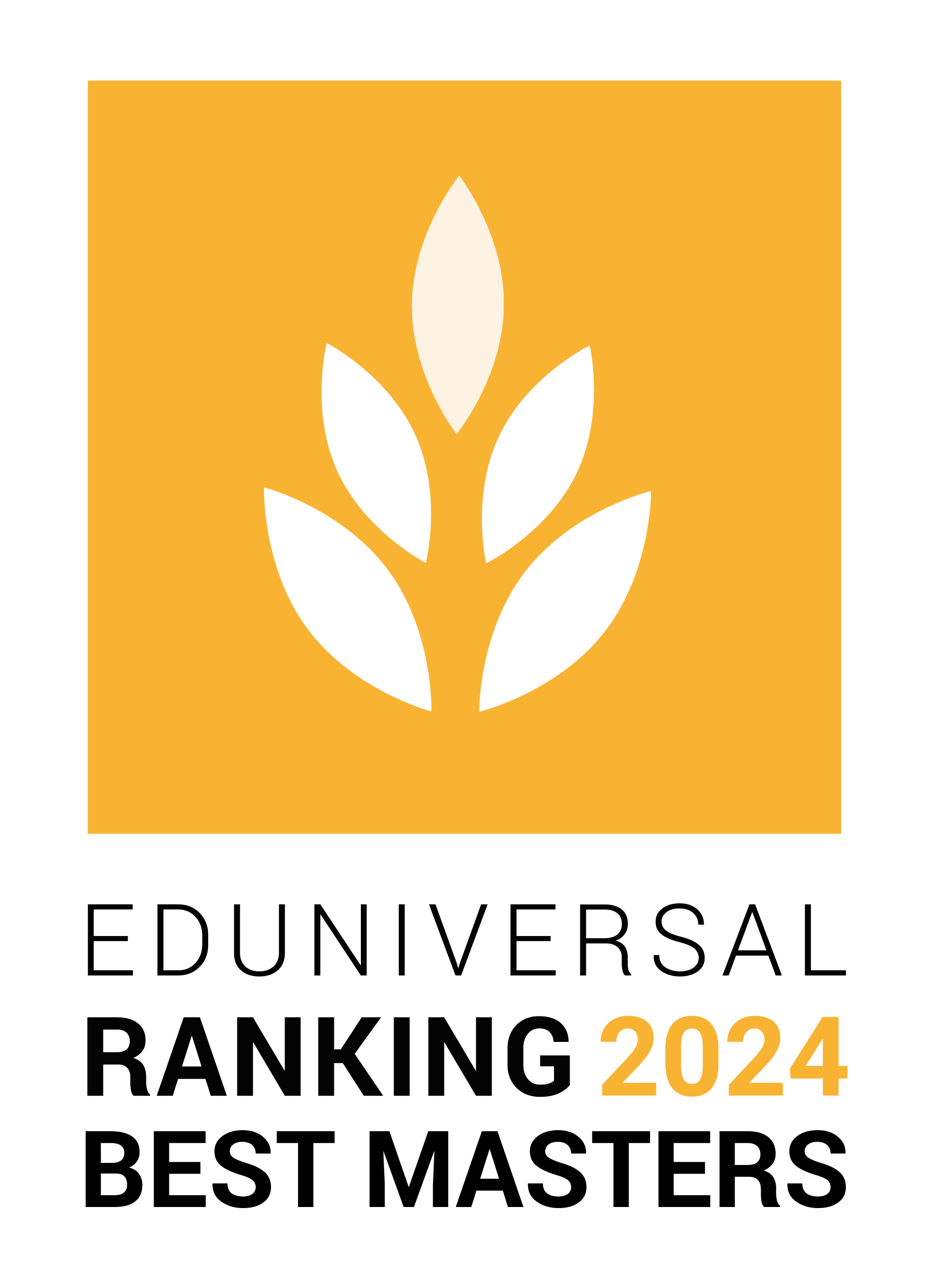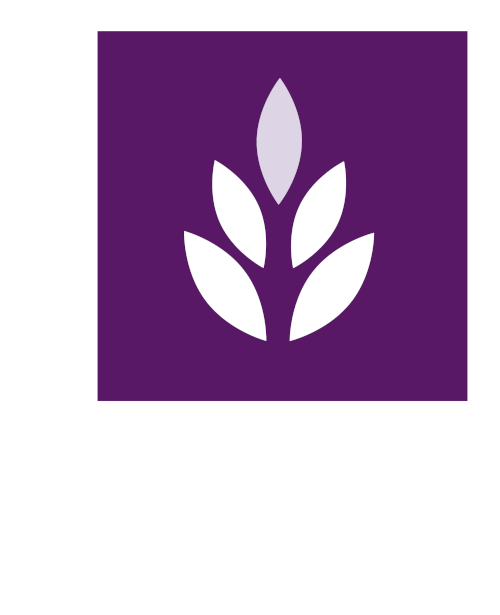- Home
- About
- Business Schools Ranking
- Selected schools
- study abroad
- Awards
- Contact

Study in Nicaragua
Nicaragua Statistics
Geography-Population
- Capital: Managua
- Area: 130,373 km ²
- Climate: hot in lowlands, cooler in highlands
- Population: 5,891,199 (est. 2009)
- Languages: Spanish
Government-Economy
Government-Economy
Government Type: Presidential Republic National Holiday: September 15
GDP: $17.033 billion (est. 2010)
GDP – per capita (PPP): $ 2,635 (est. 2010)
Information for Foreign Students in NicaraguaGetting There You will fly into the international airport in Managua. Flights from the U.S. arrive from Houston, Miami, or Atlanta. Spirit Airlines opened in August 2007. Managua is also serviced by American Airlines, Continental, Taca, Aeromexico and Delta.
Obtaining a Visa Tourists from Afghanistan, Albania, Angola, Armenia, Bosnia and Herzegovina, China, Cuba, Ecuador, Ghana, Haiti, Iraq, Jordan, Lebanon, Liberia, Mali, Mozambique, Nepal, Nigeria, North Korea, Pakistan, the Palestinian National Authority, Romania, Sierra Leone, Somalia, Sri Lanka, Sudan, Syria, Vietnam and Yemen require a visa to enter Nicaragua. Other tourists can obtain a Tourist Card for US$10 valid for 1 month upon arrival, provided with a valid passport with at least six months to run. There is also a US$32 departure tax.
Accommodation
Accommodations can generally be had quite cheaply throughout Nicaragua. Options range from simple hammocks ($2-$3), to dorm rooms in hostels ($5-9), to private double-bed ('matrimonial') rooms ($10-35, depending on presence of TV, A/C, and private bathroom). You will find more expensive hotel accommodations in some cities as well.
Money
Currency used in Nicaragua is the Cordoba. Most places accept dollars but you will often get change in cordobas. ATMs are available in major cities.
Health
According to the U.S. State Department's Consular Sheet for Nicaragua, the tap water in Managua is safe to drink- but chlorine is added- bottled water is always the best choice. The water in Esteli is especially good as it comes from deep wells. Bottled water is readily available, 8 to 15 cordobas a litre. Given its tropical latitude, there are plenty of bugs flying about. Be sure to wear bug repellent containing deet particularly if you head to more remote areas (Isla Ometepe, San Juan River region and the Caribbean Coast. Dengue Fever is present in some areas and comes from a type of mosquito that flies mostly between dusk and dawn. Malaria is not of serious concern unless you heading to the Caribbean coast or along the Rio San Juan. You may be advised by a doctor to get Hepatitis A and Typhoid vaccinations before heading to Nicaragua.
Safety
Nicaragua has made considerable strides in terms of providing police presence and order throughout the country. Crime is relatively low.
Transportation
Bus is definitely the main mode of travel in Nicaragua, and a great way to get to know the country's geography, people and even some culture (music, snack food, dress, mannerisms). Most of the buses are old decommissioned yellow US school buses (though often fantastically repainted and redecorated), the proverbial 'chicken bus.' Expect these buses to be packed full, and your luggage (if large) may be stored at the back or on the top of the bus (along with bicycles and other large items). Another method of traveling cross country are minibuses ('microbuses' as they are called). These are essentially vans, holding up to 15 people (some may be larger, shuttle sized). Minibuses have regular routes between Managua and frequently travel to relatively nearby cities like Granada, Leon, Masaya, Jinotepe and Chinandega. Most of these leave from and return to the small roadside microbus terminal accross the street from the Universidad Centoamericana (and thus the buses and terminal are known as 'los microbuses de la UCA'). Microbuses run all day into the late afternoon/early evening depending on destination, with shorter hours on Sunday, and a definite rush hour during the week as they service nearby cities from which many people commute to Managua. The microbuses cost a little more than the school buses, but are faster, making fewer stops. As with the school buses, expect these to be packed, arguably with even less space as drivers often pack more people than the vehicle was designed to handle. On the other hand, most drivers (and driver's helpers) are friendly and helpful, and will help you store your baggage. Microbuses cost a bit more than regular buses.
Official Selection of the Best Business Schools in Nicaragua
|
1 Palme Of Excellence LOCAL Reference |
Rank Position in
Palmes’ League |
Deans’ Recommendation
rate 2024 |
|---|---|---|
|
Universidad Nacional Autonoma de Nicaragua - Facultad de Ciencias Economicas |
1 | 158 ‰ |

Official Selection of the Best Business Schools in Nicaragua
Learn the ranking results of the best masters in Nicaragua here:
https://www.best-masters.com/ranking-master-in-nicaragua.html
